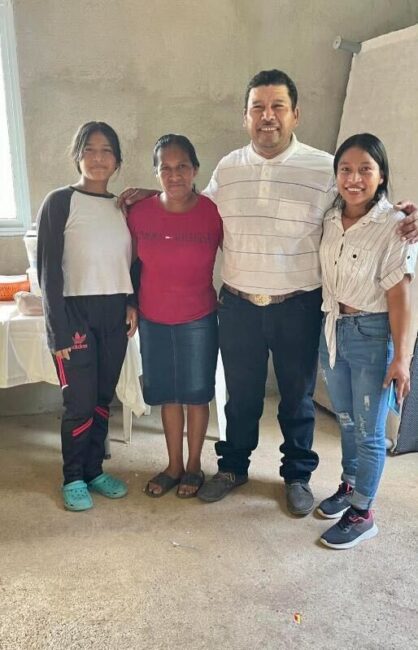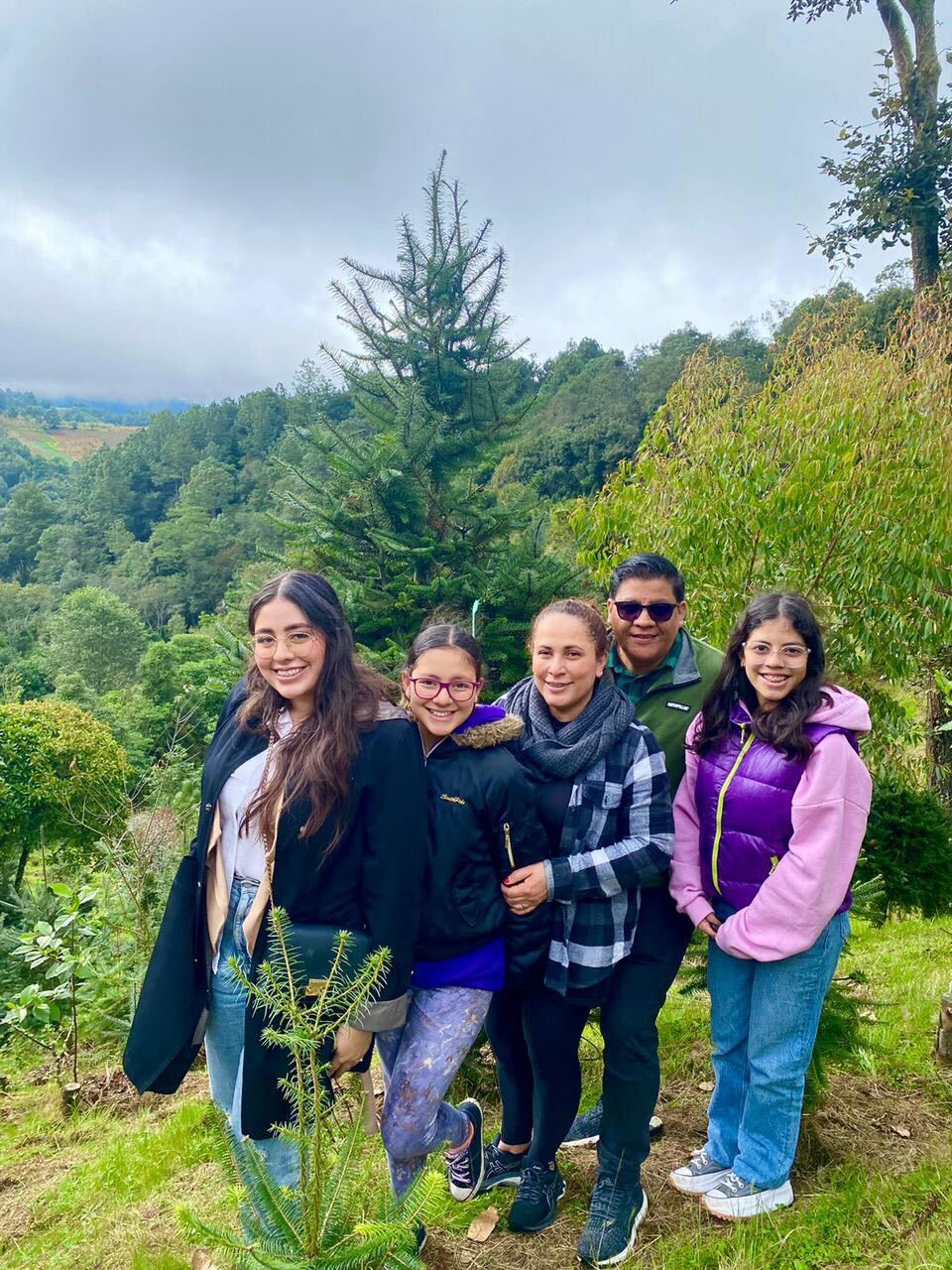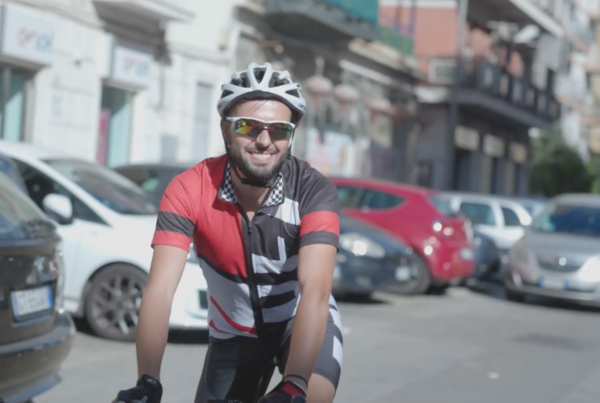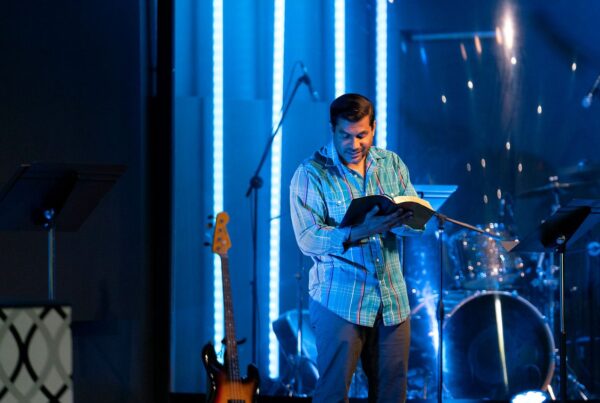With over 54% of Guatemalans living in poverty, the nation is considered the second poorest country in Latin America. The poorest places are often the most remote communities where the majority of the indigenous population live. Over 80% of people living in Guatemalan’s rural towns and villages live in poverty.
Hunger, poor health, and a lack of access to running water, electricity, and basic education severely impact the quality of life for most of Guatemala’s indigenous people. In the Guatemalan Highlands, people’s livelihoods and well-being are linked to the land. Most families survive day to day by growing their own food. Sadly, many indigenous children grow up malnourished.
Amid such real and overwhelming need, there is still a much deeper tragedy afflicting Guatemala’s poorest places. Unless they hear the good news of Jesus, they are separated from a holy God, with most trapped believing a false gospel and following a false religion. Without a church, they will not experience the true and lasting peace that comes from knowing God. If the gospel of Jesus Christ is going to bring hope to the rural indigenous people of the Guatemalan Highlands, then we must plant churches there. We’re developing a fully oral apprenticeship and assessment so that men who struggle to read and have only received minimal education can still learn and grow in their biblical knowledge and church-planting competencies. Klick um zu Tweeten
Acts 29 is committed to planting churches worldwide. We are engaging the unreached, where Jesus is neither named nor known. This often means being willing to go to the hard places and do the hard things. So what does that look like in a place like the Guatemalan Highlands?
Gospel Transformation
Mitch Muñoz is a dirt bike-riding, soccer-playing, Jesus-loving missionary who moved from Texas to Guatemala’s Highlands to introduce the poor to the hope of Jesus. He lives near a village called Los Chilitos. When Mitch arrived there, he had few local contacts and didn’t speak the language, but he was completely undeterred from reaching people with the gospel.
One of the men Mitch met is a farmer named Cayetano. He came from a strong Catholic background and was initially hostile toward Mitch and the gospel. After months of praying, the Lord saved him, and Mitch began training and developing Cayetano. Even though Cayetano couldn’t read and had only a very basic education, Mitch met with him regularly to teach and disciple him.If remote communities around the world are going to be reached, we must evangelize, disciple, and train men to plant healthy churches in hard places. Klick um zu Tweeten
Cayetano also participated in Acts 29’s Church in Hard Places apprenticeship, which included taking his first plane trip out of the country as he attended an intensive training in the Dominican Republic. Last year, he completed Acts 29’s first fully oral church planter assessment. Today there is a solid, healthy church gathering in the village of Los Chilitos, which Cayetano leads.
Missional Innovation
If remote communities around the world are going to be reached, we must evangelize, disciple, and train men to plant healthy churches in hard places. But when men must work in the fields all day simply to feed their families, how can we train them to plant churches? How do we assess church planters who struggle to read and have no access to the internet? How do we coach and support church planters who live in remote communities that are hard to access?
plant churches? How do we assess church planters who struggle to read and have no access to the internet? How do we coach and support church planters who live in remote communities that are hard to access?
The way we train and assess must adapt, but it cannot diminish the theology we teach, the convictions we share, and the values we hold. This is why we’re developing a fully oral apprenticeship and assessment so that men who struggle to read and have only received minimal education can still learn and grow in their biblical knowledge and church-planting competencies.
Kingdom Advancement
In Guatemala, with the help of Mitch and Cayetano, Acts 29 churches are developing church planter training for the indigenous peoples of the Guatemalan Highlands. Mitch has identified a cohort of eight potential planters from neighboring villages. In partnership with Wasilla Bible Church, an Acts 29 church in Alaska, funding is available to these men to help them pay for laborers to work in their fields while they are away each month to receive training.
Additionally, the Church in Hard Places curriculum and other resources are being translated into Spanish audiobooks as a result of funding from an Acts 29 church in Denver. These audiobooks are uploaded onto solar-powered devices and made available to the trainees. The devices allow the men to listen to the training materials while working in the fields throughout the week.We are engaging the unreached, where Jesus is neither named nor known. This often means being willing to go to the hard places and do the hard things. Klick um zu Tweeten
Men from a non-literate culture struggle to answer assessment questions in writing—most have never seen or used a computer, and none have consistent access to the internet. Instead, they answer in a cohort setting where a scribe records their responses. Over two years, these men will be trained in theology, biblical studies, ecclesiology, evangelism, and church-planting strategies and will have access to over 24 books in their language.
We anticipate that over the next two years, many will complete a fully oral assessment and go on to become Acts 29 church planters. Our hope is that this model of church planter training, funded and fueled by Acts 29 churches working in partnership, will be reproduced in multiple places and languages around the globe as we seek to reach the unreached by planting churches worldwide.










